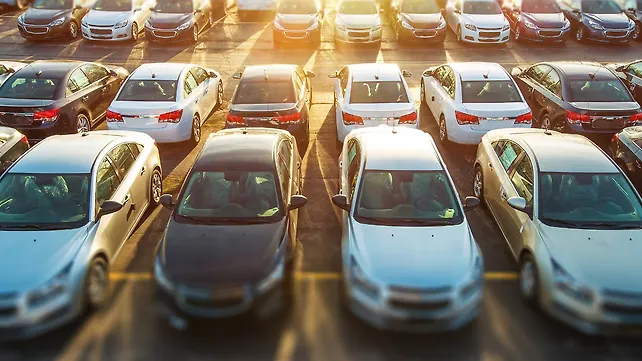
The Federation of Automobile Dealers Association (FADA) has reached out to Union Finance Minister Nirmala Seetharaman with a set of recommendations, weeks before the Minister presents the Union Budget for the FY23, and has requested that the government takes some “bold steps”.
FADA’s recommendations have been presented on two aspects – an appeal for demand revival and issued concerning dealers. If its concerns are accommodated in the upcoming budget, FADA said they could reenergize the auto retail trade, which in turn will bring back the sector and the entire automobile industry back on track “and the overall economic growth too”.
Demand Revival
For demand revival, FADA has asked for introducing benefits of claiming depreciation on vehicles for individuals paying income tax. This will not only help in increasing the number of individuals filing their IT return, but will also help in igniting automobile demand (especially two-wheelers) from individuals, said FADA. Further, this will lead to greater GST collection for the government. It is judicious, FADA argued, that the salaried class also gets the same benefit as the corporates.
Secondly, FADA has recommended that the Depreciation Scheme, which was valid till March 31, 2020 be reintroduced and extended for FY23. When introduced, the scheme had helped revive growth as a temporary measure.
To bring the industry and auto retail trade back on growth path, FADA has requested the Finance Ministry to regulate and reduce GST rates on two-wheelers to 18%. The rationale of 28% GST + 2% cess, which is for luxury/ sin products, does not hold good for the 2W category, FADA argued. Moreover, a reduction in GST rate will counter the recent price hikes across vehicle segments and help spur demand.
“The growth in demand and the ripple effects it will have on many dependent sectors will increase the tax collections and in the mid to long term will actually be revenue positive along with getting positivity in the overall consumer sentiment and thereby the overall economy,” a FADA release stated.
The potential of the user car segment can also be enhanced significantly by reducing GST rates for used cars to a uniform 5% from the current 12% (for vehicles under 4,000 mm in length) and 18% (for vehicles above 4,000 mm), FADA said.
The used car business occupies 1.4 times the size of new car market, accounting for 5-5.5 million cars per annum with a turnover of over INR 1.75 trillion. Of this, only 10-15% are accounted for by authorised dealers, which is also the organised sector thus paying taxes. The reduction in GST will help the industry shift from unorganised segment to organised segment, thus bringing in more business under the ambit of GST, and helping in putting brake on tax leakages.
Focus On Dealers
For private limited companies with turnover of up to INR 400 crore, the government has reduced corporate tax to 25%. FADA has appealed that the same benefit be extended to all LLP, Proprietary and Partnership firms as well, as most traders within the auto dealership community fall in this category.
“This will help boost morale and sentiment of the traders, which employ five million people, out of which 2.5 million employees are on direct employment. The auto trading community in its truest sense is the employment generating mechanism for the country as it does not displace employees and gives them employment in their home locations,” the apex body appealed.